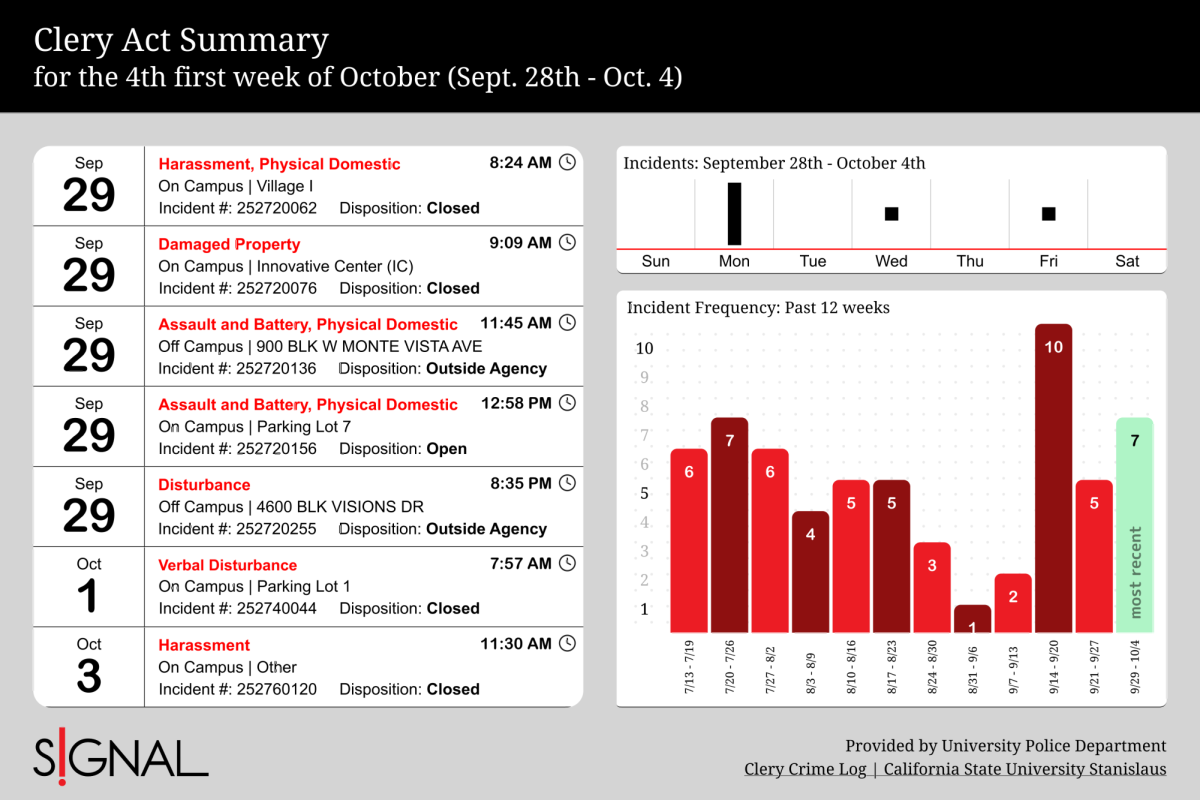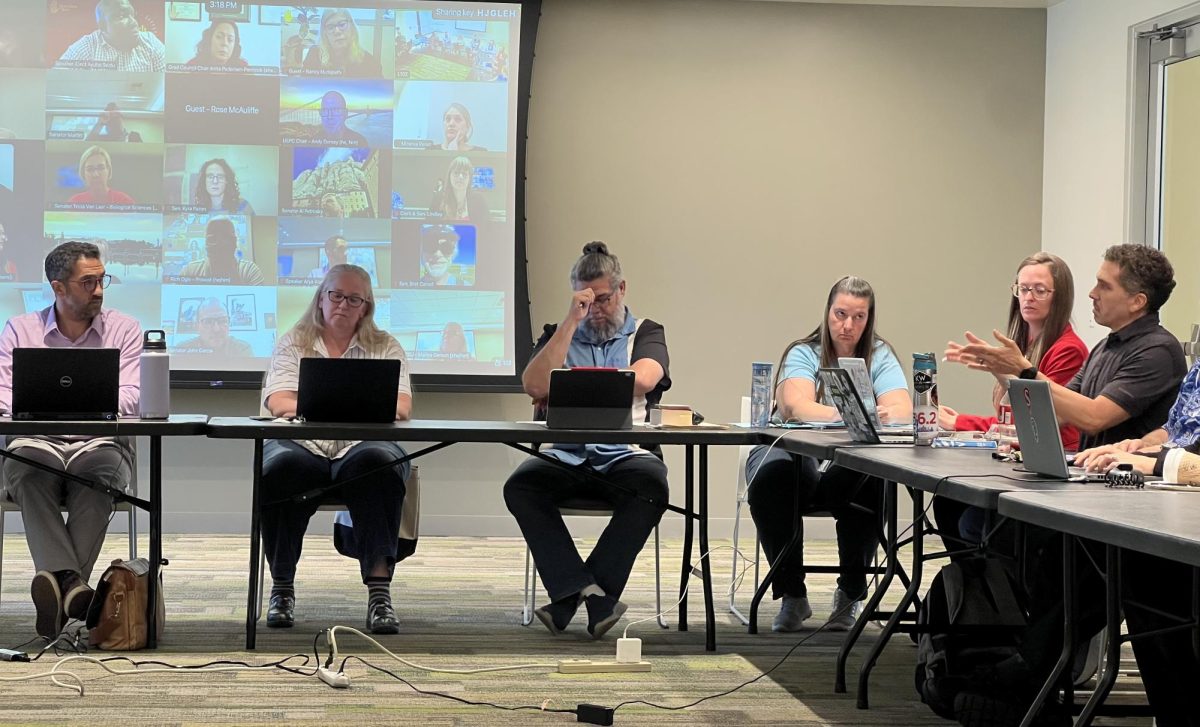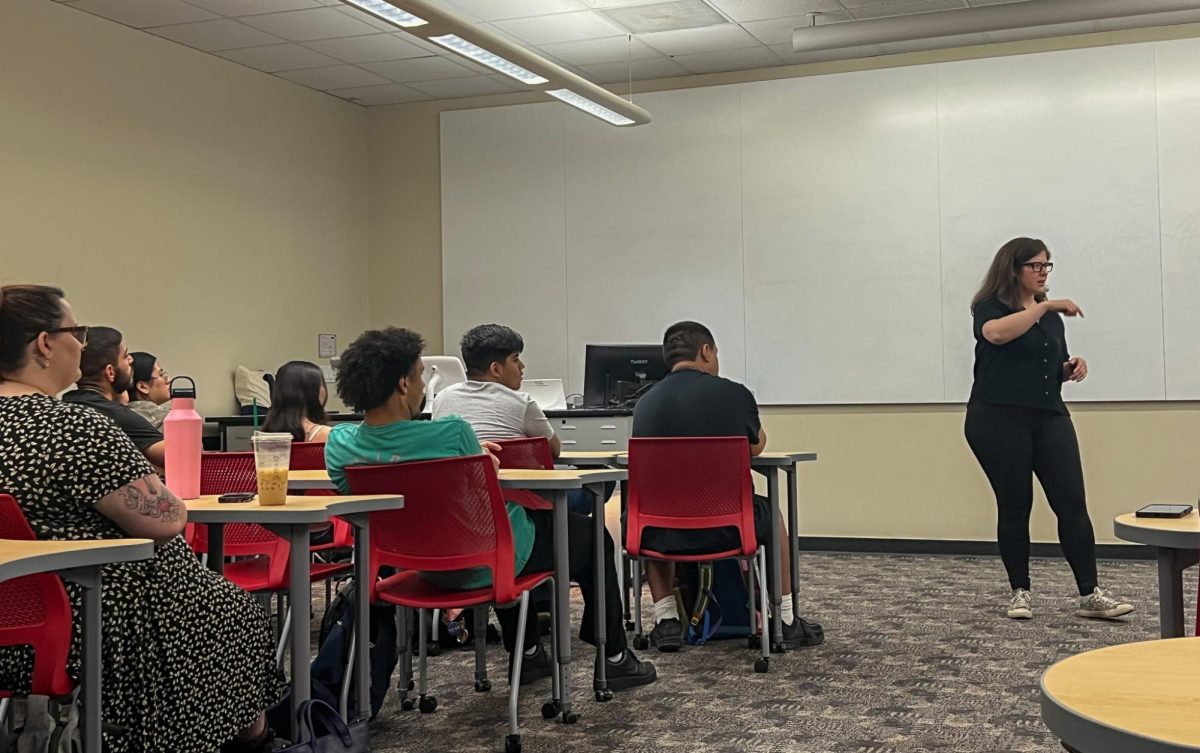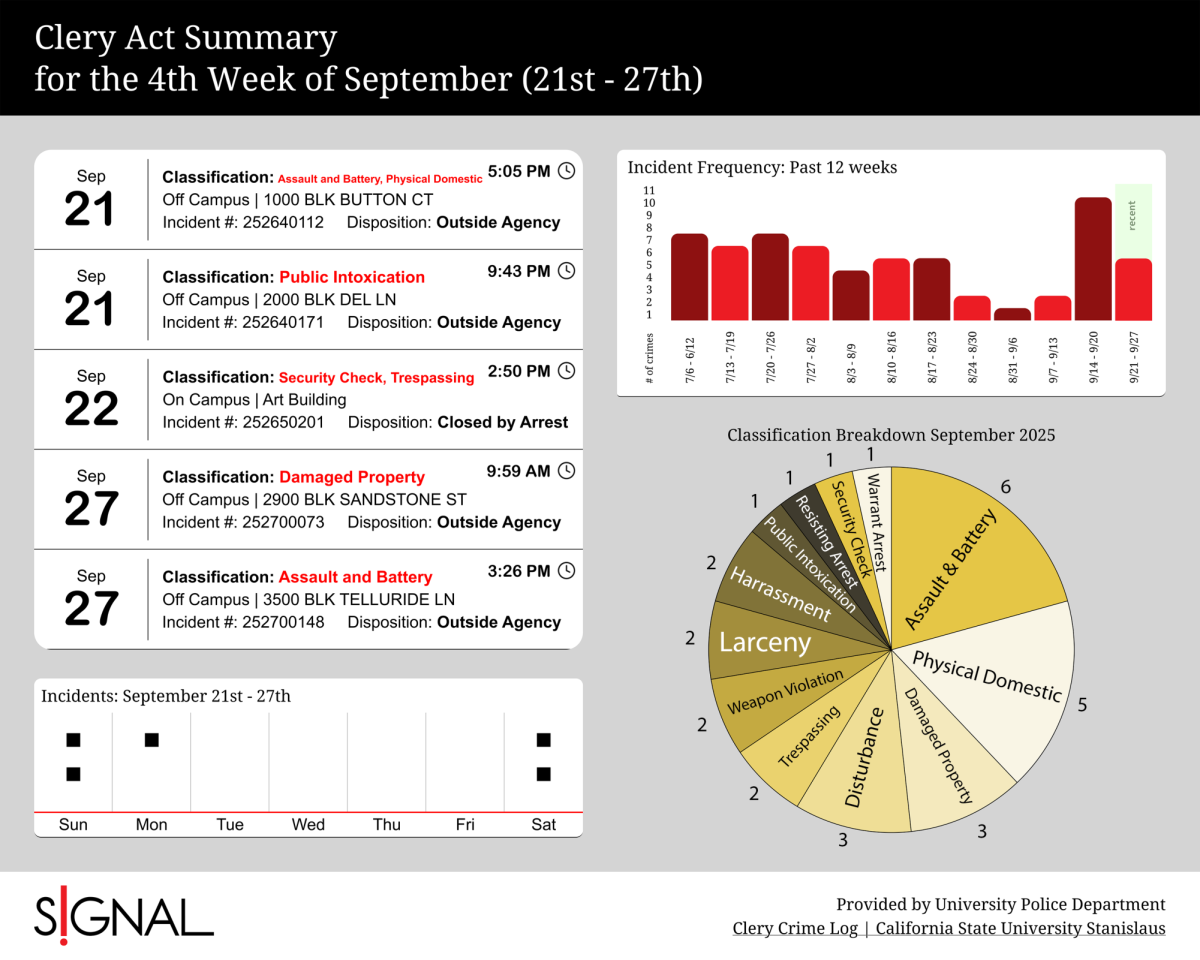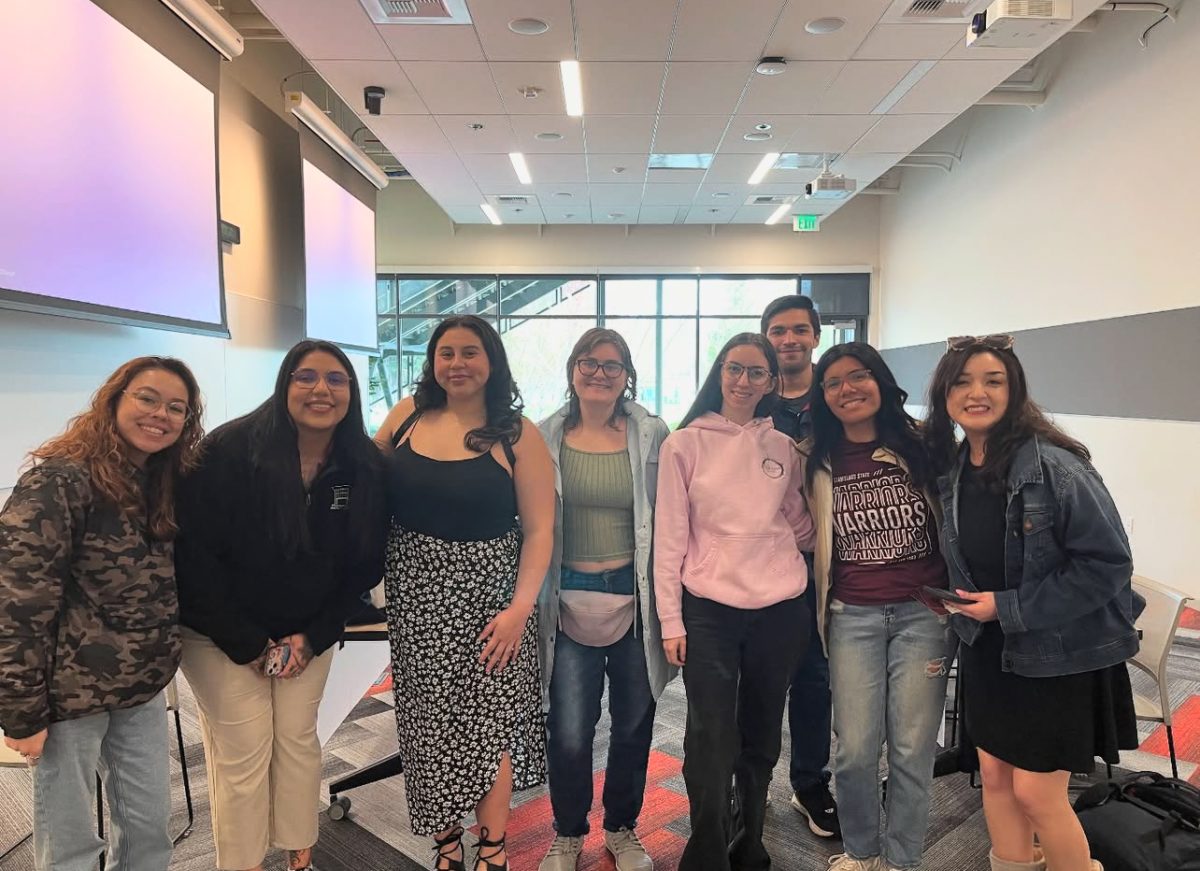Switching out single-use items for reusable and eco-friendly alternatives has positive impacts not only on the planet, but it can also add some relief to your wallet over time.
Simple swaps such as using reusable water bottles and food storage bags instead of plastic ones are small changes that can eventually have a huge impact. Switching over to reusable or sustainable items might seem daunting at first, but taking it one step (or item) at a time makes it much more manageable and realistic for everyone. Try making one small change in your life and gradually make more changes one at a time when you feel that you’re ready.
Where to Start Without Breaking the Bank
Although all of these swaps involve purchasing an item, there are changes that people can make without spending any money at all.
Ermalinda Aviles, Modesto Junior College alumna (Nursing) explains that refusing to accept certain non-sustainable items can contribute to this positive change.
“Refuse plastic bags, plastic straws, anything you don’t need that is single-use only. That’s a good way to start too that doesn’t require buying anything,” Aviles said.
Leighton Souza (senior, History) of UC Santa Cruz added that making these changes can be difficult for many.
“It is important to acknowledge that making the switch to a more eco-friendly lifestyle is not attainable for everyone. It’s a lot easier to use and participate in things that are not eco-friendly because it’s cheaper and accessible,” Souza explained.
Although not everyone can make these changes within their life, they shouldn’t be discouraged.
Another thing that consumers can do without purchasing anything is to look at the companies that they are purchasing from to see what that company is doing in an effort to be eco-friendly. Stan State’s Derek Johns (junior, English) says that he is “reading more about the companies [he] purchases from to try to be more eco-friendly.”
Personal Benefits of Switching to Eco-Friendly Items
Over time, switching over to eco-friendly alternatives will result in money saved. On average, someone who switches to a reusable water bottle saves around $260 annually, according to iSustainableEarth.com.
Aviles says that she herself has saved money by making some of these changes, saying that the amount of toilet paper her household uses is now 75% less than before. Aviles also mentioned that switching to dryer balls and washable towels has made a good impact in the sense that she no longer has to throw away dryer sheets and paper towels, which not only saves her money, but also saves her from contributing to landfills.
There are also positives linked to a person’s health with switching over to some eco-friendly items. Single-use water bottles often contain Bisphenol A (BPA), which has been proven to cause certain health concerns such as cancer. BPA can be avoided by using a reusable BPA free water bottle. Tampons and pads often contain toxic chemicals that can lead to cancer or other health problems. Souza shared that she has recently switched over to a menstrual cup, which takes away the risk of toxic shock syndrome that is present when other items such as tampons are used.
Why is This Issue Important?
Aside from the positive impact switching to a more eco-friendly lifestyle can have, it is also important to recognize the good that it can do for planet Earth. Not only is there currently a gyre or “trash island” that is larger than the state of Texas in the North Pacific ocean, but over 100,000 sea turtles and birds die a year from plastic consumption. Making a simple change such as a reusable water bottle can make a huge difference over time as more than 60 million plastic bottles end up in landfills and incinerators every single day.
Taking it One Step Further
Many people who have already made many of these eco-friendly swaps might be wondering what they can do to further their journey to being as eco-conscious as possible.
Aviles says that in an attempt to further become eco-conscious she wants to reduce her garbage by half. So far, she has currently reduced it by a quarter.
Aviles added that she has started composting, which she hopes will help reduce even more. Similarly, Souza stated that she is “trying to switch to a vegetarian diet since the livestock/agricultural industry is one of the main pollutants.”
Everyone’s journey towards being eco-conscious is different, but that should never discourage anyone from starting their own journey.
As famous chef and blogger Anne Marie Bonneau says, “We don’t need a handful of people doing zero waste perfectly, we need millions of people doing it imperfectly.”



